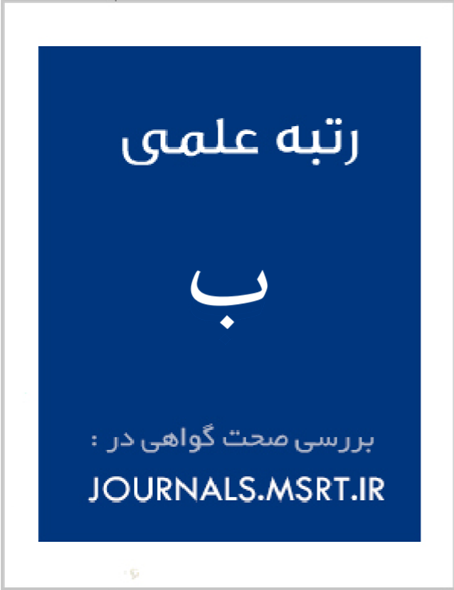A Qualitative Analysis of the Components of Practical Reason in Islamic Philosophy
Keywords:
Practical reason, Islamic philosophy, thematic analysis, Islamic ethics, rational educationAbstract
The aim of this study was to identify and analyze the components of practical reason in Islamic philosophy from the perspectives of subject-matter experts using a qualitative approach. This qualitative study employed thematic analysis. Data were collected through semi-structured interviews with 26 participants including professors, researchers, and PhD students in Islamic philosophy affiliated with academic and research institutions in Tehran. Participants were selected using purposive sampling, and interviews continued until theoretical saturation was achieved. The transcripts were analyzed using Nvivo software. The analysis yielded three main themes: “Conceptual Dimensions of Practical Reason,” “Functions of Practical Reason in Islamic Philosophy,” and “Sources and Methods for Strengthening Practical Reason.” A total of 18 subthemes and over 90 open codes were identified. Participants described practical reason as a purpose-driven capacity oriented toward ethical action, closely linked with will, intention, and behavioral guidance. The findings indicate that practical reason in Islamic philosophy is a multidimensional and action-oriented concept that plays a vital role in moral education, religious policymaking, and the development of ethical understanding at both individual and societal levels. Practical reason can be strengthened through resources such as religious texts, lived experiences, and spiritual discipline.
Downloads
Downloads
Published
Submitted
Revised
Accepted
Issue
Section
License

This work is licensed under a Creative Commons Attribution-NonCommercial 4.0 International License.


